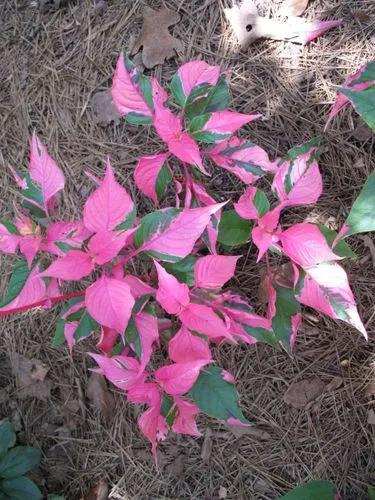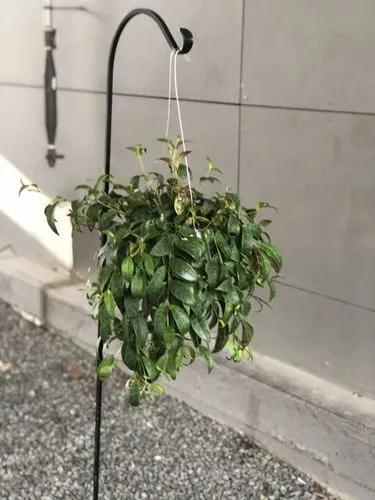The orange fruit is an important agricultural product, used for both the juicy fruit pulp and the aromatic peel (rind). Orange blossoms (the flowers) are used in several different ways, as are the leaves and wood of the tree. The orange blossom, which is the state flower of Florida,[2] is highly fragrant and traditionally associated with good fortune. It has long been popular in bridal bouquets and head wreaths. Orange blossom essence is an important component in the making of perfume. Orange blossom petals can also be made into a delicately citrus-scented version of rosewater, known as "orange blossom water" or "orange flower water".
Citrus Sinensis Care
Citrus X Sinensis



It is a common ingredient in French and Middle Eastern cuisines, especially in desserts and baked goods. In some Middle Eastern countries, drops of orange flower water are added to disguise the unpleasant taste of hard water drawn from wells or stored in qullahs (traditional Egyptian water pitchers made of porous clay). In the United States, orange flower water is used to make orange blossom scones and marshmallows. In Spain, fallen blossoms are dried and used to make orange tea. Orange blossom honey (or citrus honey) is obtained by putting beehives in the citrus groves while trees bloom. By this method, bees also pollinate seeded citrus varieties. This type of honey has an orangey taste and is highly prized.
How to Care for the Plant

Water

Citrus plants require a very similar watering regime as any other houseplant. In the winter, allow the soil to dry out between waterings, as they do not like overwatering. However, in the summer, they need to be watered more regularly, possibly once or twice a week. Ideally water with rainwater if available.

Pruning

Oranges don't need much pruning, but can be reshaped if necessary in late winter by thinning out overcrowded branches.

Fertilizer

For a plentiful harvest, regularly provide a fertilizer rich in nitrogen and lye — you can find fertilizers appropriate for citrus fruit in stores or try with a compost.

Soil

Mix good soil, compost and medium-sized river sand.

Temperature

They ideally need a minimum temperature of 10-13°C (50-55°F); temperatures below 7°C (45°F) can severely damage or even kill the plants.

Container

Water should never stagnate in the container.

Additional

Toxic to Dogs, Toxic to Cats, Toxic to Horses.

Popularity

148 people already have this plant 18 people have added this plant to their wishlists
Discover more plants with the list below
Popular articles






